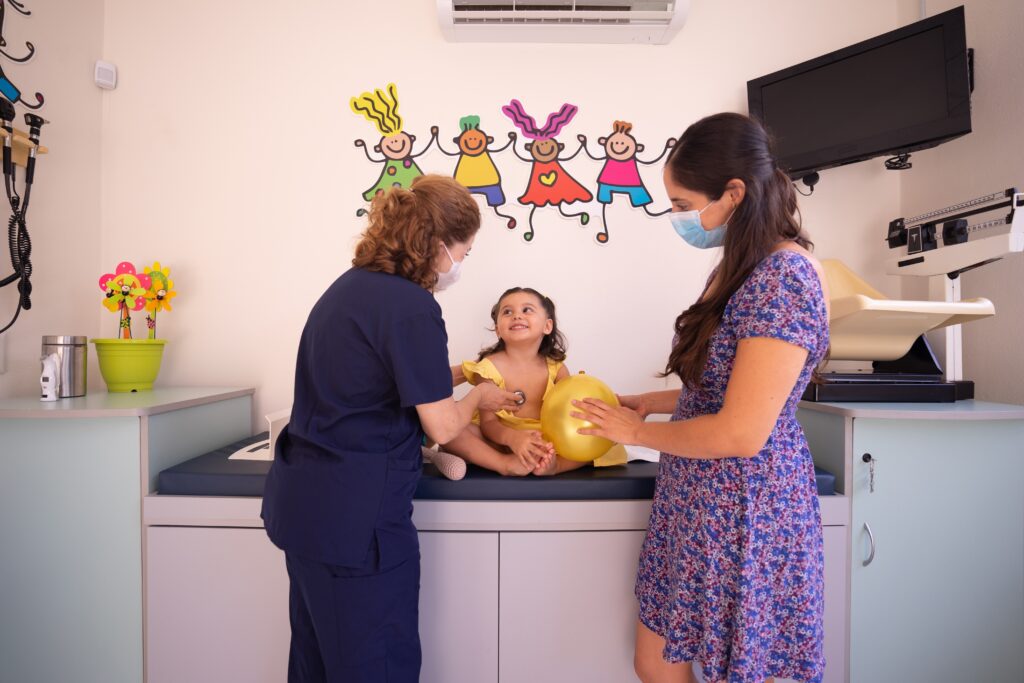
In the face of an ageing population, increased chronic diseases, and limited professional resources, Quebec is turning to virtual care tools to meet the growing demand for home and institutional care. This shift has been further accelerated by the COVID-19 pandemic, which has highlighted the potential of virtual care in specialty medicine. The Quebec Ministry of Health and Social Services (MSSS) has tasked the National Institute for Excellence in Health and Social Services (INESSS) with providing a state-of-knowledge report to guide the use of virtual care in specialty medicine.
The report, which covers seven areas including paediatrics, psychiatry, neurology, haematology/oncology, respirology, general surgery, and internal medicine, is aimed at informing public decision-makers, medical associations, and health and social services professionals about virtual care practices. The findings, based on a scoping review of scientific and grey literature from the past five years, reveal promising results for the use of virtual care modalities in paediatrics.
Virtual care interventions such as teleconsultation, telemonitoring, tele education, teleassistance, and tele intervention have shown effectiveness in assessing, diagnosing, monitoring, and treating a range of paediatric conditions. These include neurodevelopmental disorders, certain cancers, dermatological conditions, and acute conditions requiring emergency or intensive care.
The report also highlights potential benefits of virtual care in improving access to health care for children with chronic illnesses, those in underprivileged areas, and those in remote or rural areas. Patient and care provider satisfaction with virtual care modalities is reported as high, with virtual care deemed as safe and secure as in-person care.
While the report acknowledges limitations, including the need for further quality studies, it underscores the transformative potential of virtual care in paediatrics. As Quebec continues to navigate the challenges of healthcare delivery, virtual care modalities offer a promising pathway to improved patient care and engagement.